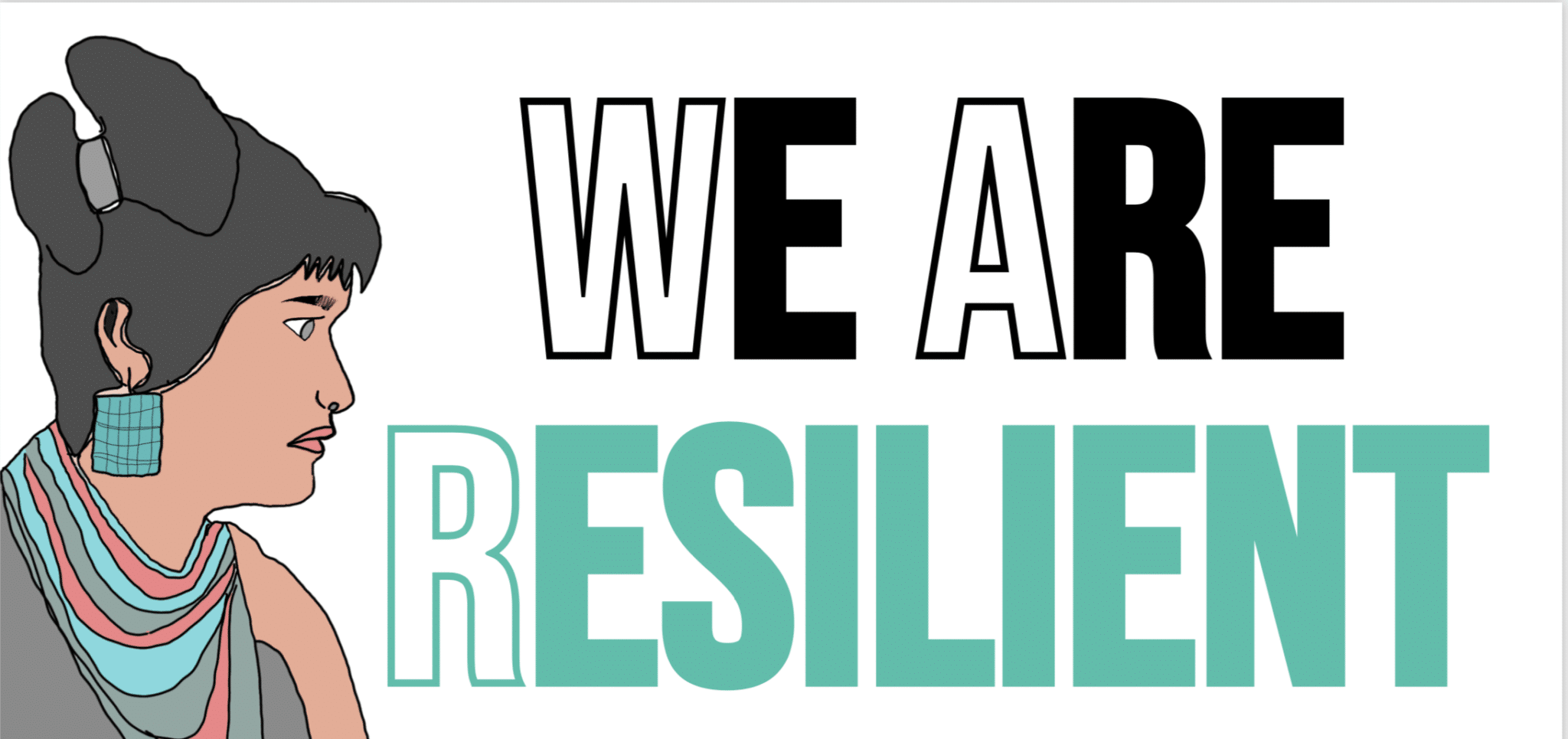‘We Are Resilient’ project explores the wellbeing of Native American youth

According to the National Center for Education Statistics, Native American school aged children are represented among three high-incidence disability categories, which include specific learning disabilities, speech and language impairment, and other health impairments.
Darold H. Joseph, assistant professor in Northern Arizona University’s Departments of Educational Specialties and Teaching and Learning, and a team from NAU and the Hopi Tribe are conducting a community research project called “We Are Resilient” to address the effects of COVID-19 on the health of Native American youth.
“Through the lens of resilience, the purpose of the project is to create a community partnership with representatives from the Hopi Tribe and then implement community-based research practices to identify risk and protective factors informing the cultural wellbeing and mental health for Native American youth, including individuals diagnosed with high-incidence disabilities,” Joseph said. “We also hope to determine the impact of the COVID-19 pandemic on these concepts for the youth.”
The NAU project team includes Joseph; co-principal investigator Alisse Ali-Joseph, assistant professor, NAU’s Applied Indigenous Studies; and NAU graduate student researcher Teresa Martza. From community partner Hopi Opportunity Youth Initiative (HOYI) are project manager Hannah Honani, youth liaison Lexie James, data associate Eugene Cody and program associate Aeon Albert.
“One of the most impactful aspects of this project is allowing our Indigenous youth to share their experiences as they relate to resilience, mental wellness and COVID-19,” Ali-Joseph said. “Too often our youth are overlooked, but as future leaders of our communities, their voices are more important than ever. This project calls for intentional awareness surrounding the actions, experiences and resilience of Indigenous youth.”
In research prior to the study, the NAU researchers found that students with disabilities, regardless of race and ethnicity, experience lower graduation rates and experience involvement in the legal juvenile system at higher rates than their counterparts.
They also found in a recent report from the Centers for Disease Control and Prevention indicates suicide as the second leading cause of death among persons in the United States ages 10-24. In another report, suicide was the second leading cause of death among Native Americans ages 5-24 for youth living in Indian Health Service areas.
Joseph said that these factors are among the main priorities guiding the team.
“The mental health status of Native American youth, especially with disabilities, is of utmost concern,” Joseph said. “Currently, the COVID-19 pandemic adds another layer of complexity to the concern of mental health for Native American Youth impacting the multiple dimensions and determinants of health for this population, education being one.”
Joseph said the qualitative project will involve up to 40 Native American youth residing on the Hopi reservation, between 14–26 years old, either with or without a high-incidence disability such as a learning disability. Each participant will complete one online survey, participate in an individual interview and join in talking circles.
Also, individuals from organizations serving the needs of youth will meet to discuss the project. Community representatives include individuals representing youth, educators, behavioral health providers, youth center representatives, community health representatives, elders and social service providers. Joseph said the project has three phases:
- Create a partnership with the HOYI project
- Support HOYI project staff with their initiatives to address community concerns for youth on the Hopi Reservation
- Engage in community-based research practices by engaging community youth organizations and other groups that deal with youth and youth participants in data collection efforts to further understand resilience from the youth perspective
“The projected outcomes for our project include building a trusting relationship with our community partners to continue this important work on behalf of our youth,” Joseph said. “Native American youth, particularly those involved in the project, demonstrate having a wealth of knowledge and experiences that inform factors contributing to their resilience.”
To join the study, complete the We Are Resilient contact form or visit Hopi Resilience Research. This research is funded from the Southwest Health Equity Research Collaborative at Northern Arizona University (U54MD012388), which is sponsored by the National Institute on Minority Health and Health Disparities (NIMHD).